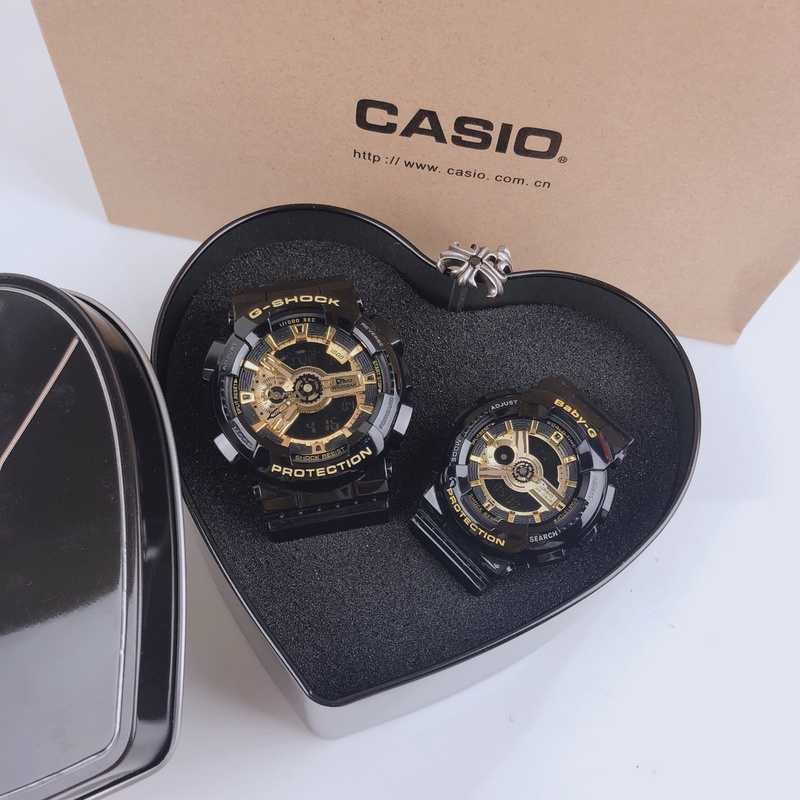The Evolution of Luxury Watches: From Timekeeping to Status Symbols
Luxury watches have long been more than just timekeeping devices. They have evolved into symbols of status, craftsmanship, and innovation. This article explores the journey of luxury watches, highlighting their transformation and the factors that contribute to their enduring appeal.
The Origins of Luxury Watches
The history of luxury watches dates back to the 16th century when the first portable timepieces were created. These early watches were often ornate and handcrafted, showcasing the skills of master watchmakers. Over time, watches became more accurate and reliable, leading to their widespread use among the elite.
The Rise of Iconic Brands
The 20th century saw the emergence of iconic luxury watch brands such as Rolex, Patek Philippe, and Audemars Piguet. These brands set new standards for precision, design, and exclusivity. Rolex, for example, introduced the first waterproof wristwatch, the Oyster, in 1926. Patek Philippe became known for its intricate complications, while Audemars Piguet revolutionized the industry with the Royal Oak, the first luxury sports watch.
 yupoo-china Wholesale Supplier Branded Luxury watches, join us on whatsapp | Yupoo
yupoo-china Wholesale Supplier Branded Luxury watches, join us on whatsapp | YupooCraftsmanship and Innovation
One of the defining characteristics of luxury watches is the meticulous craftsmanship involved in their creation. Skilled artisans spend countless hours assembling and finishing each watch by hand. The use of high-quality materials, such as gold, platinum, and diamonds, further enhances their allure.
Innovation also plays a crucial role in the evolution of luxury watches. Brands continuously push the boundaries of horology, introducing new technologies and features. For instance, the development of automatic movements eliminated the need for manual winding, while advancements in materials science led to the creation of scratch-resistant sapphire crystals and lightweight titanium cases.
The Role of Marketing and Celebrity Endorsements
Luxury watch brands have mastered the art of marketing, creating a sense of exclusivity and desirability around their products. Limited editions, collaborations with renowned designers, and celebrity endorsements all contribute to the allure of luxury watches. High-profile ambassadors, such as actors, athletes, and musicians, help to elevate the status of these timepieces and attract a broader audience.
The Investment Value of Luxury Watches
In addition to their aesthetic and functional qualities, luxury watches are often seen as valuable investments. Certain models appreciate in value over time, making them sought-after collectibles. Vintage watches, in particular, can fetch significant sums at auctions. The rarity, condition, and provenance of a watch all influence its market value.
The Future of Luxury Watches
As technology continues to advance, the future of luxury watches looks promising. While smartwatches have gained popularity, traditional luxury watches remain highly coveted. Brands are embracing new materials, such as carbon fiber and ceramics, and incorporating innovative features, like tourbillons and perpetual calendars. The blend of tradition and modernity ensures that luxury watches will continue to captivate enthusiasts for generations to come.
Conclusion
Luxury watches have come a long way from their humble beginnings as portable timepieces. They have evolved into symbols of status, craftsmanship, and innovation. The enduring appeal of luxury watches lies in their ability to combine timeless elegance with cutting-edge technology. Whether worn as a statement piece or cherished as an investment, luxury watches will always hold a special place in the world of horology.